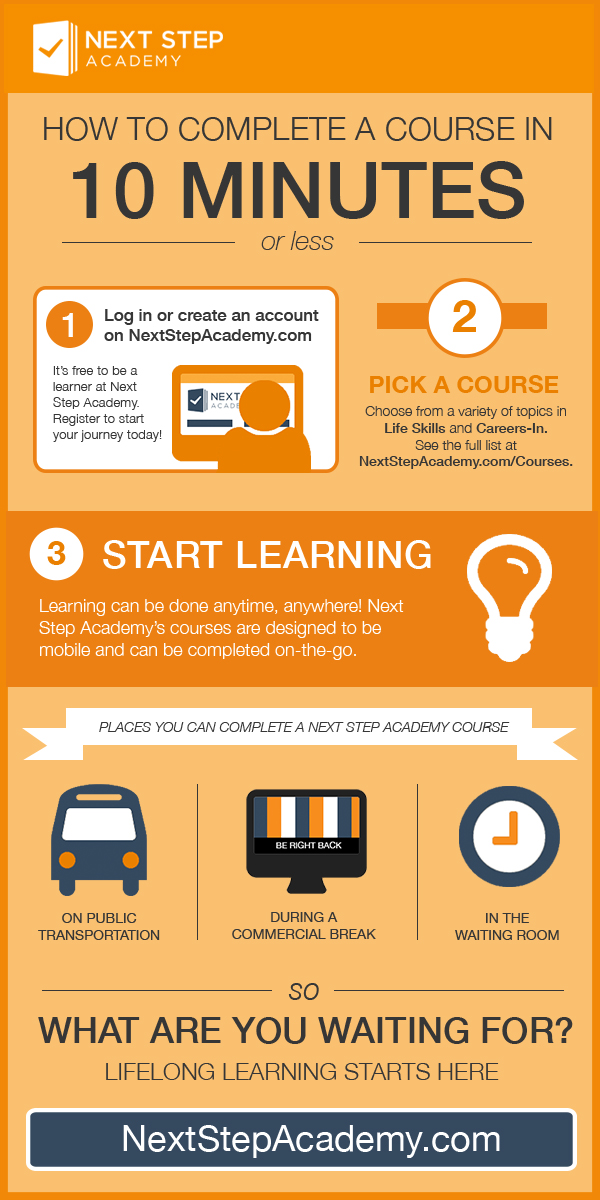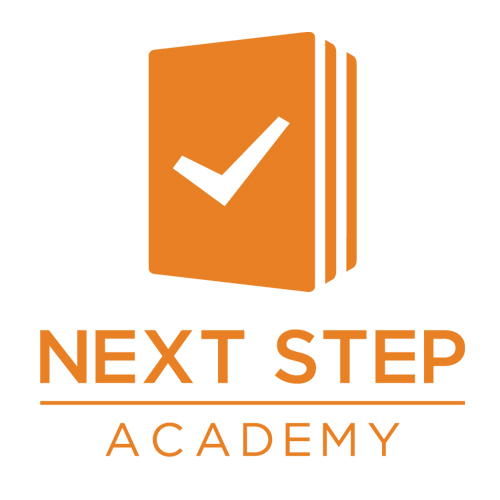With the digital world presenting new opportunities and constant change, education can no longer end with a formal college degree but rather continue throughout a person’s life. MOOCs offered through institutions such as Coursera are likely the future of lifelong learning.
 MOOCs — massive open online courses — are programs offered by a university, available to people worldwide via the internet. MOOCs are free, with some offering the option to pay a small fee in exchange for graded coursework and a certificate or credit upon completion. Courses are short and engaging, consisting of videos, readings, problems to solve and forums to facilitate discussion between students.
MOOCs — massive open online courses — are programs offered by a university, available to people worldwide via the internet. MOOCs are free, with some offering the option to pay a small fee in exchange for graded coursework and a certificate or credit upon completion. Courses are short and engaging, consisting of videos, readings, problems to solve and forums to facilitate discussion between students.
The skill sets required for jobs in the digital age change faster than Apple releases a new iPhone. That’s where MOOCs come in. Institutions like Coursera partner with colleges and universities to offer courses that teach both hard and soft skills. You can learn a new programming language or how to improve your interpersonal communication skills. There is also the opportunity to deviate from skill development and simply learn more about topics of interest like history or music.
In addition to career development, MOOCs make higher level education available to people who previously may not have had access. Higher level learning is no longer a privilege of the financially stable, but available to people from all socioeconomic backgrounds.
MOOCs also promote general education to people on a global scale. A MOOC course provider called edX has developed a program called Open edX which allows countries to use the edX platform to launch their own MOOCs. Countries like Saudi Arabia have used Open edX to launch education campaigns with the goal of helping women gain access to education.
Next Step Academy offers similar online courses, offering learners of any age and background knowledge about careers-in, life skills and professional development. Courses are quick, mobile and informative. To find out more about Next Step Academy, register and start taking courses, visit NextStepAcademy.com





